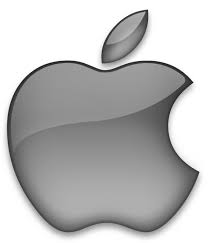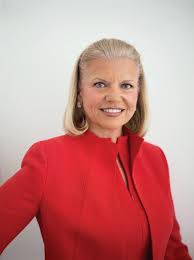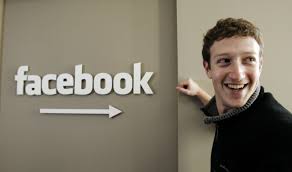What’s at the top of your list?
I asked ten people what their favorite brand was, and 8 of those responses were the same: Apple.
Can you guess what their least favorite brand was?
It’s big, crowded, industrial, and cheap. “Save money, live better.”
You got it, Walmart.
But, why?
Why do people insist on iPhones and MacBooks? Why is America’s superstore the one we love to hate?
When I asked people why they liked Apple, their answers were mostly the same: Apple is easier, their products are innovative, and they have good design concepts.
I asked why people hate Walmart:
“It’s crowded.”
“Tacky.”
“Bad for the environment.”
“They have a monopoly and don’t give smaller businesses a chance.”
These responses, unlike Apple’s are widespread and do not concern just one topic. People liked Apple because they created a good product that was easy to use, but they disliked Walmart for a variety of reasons, ranging from the structure of the store itself to its business policies. But never once did they mention the products.
From the answers I received, it seems like what people hate about a store is determined by how they think the business is run. I was surprised by the speed with which these people expressed their disgust for a brand, so I decided to employ the Hellenistic philosophy of skepticism to see if I could find some good in the condemned Walmart.
I’m Skeptical
Skepticism can be defined as the pursuit of freedom by withholding assent, which basically means that you can be happy if you don’t commit to anything as a fact. The Skeptics were known for suspending judgment in the face of equal but opposite arguments. The catchphrase of a skeptic is something like: “it seems to be that…” which really proves their reluctance to say that anything is a fact.
What if Walmart isn’t as terrible as everyone thinks? Did you know that Walmart is actually responsible for a large environmentally friendly movement? According to environmentalleader.com, Walmart has a strong green program that it has forced many of its suppliers to comply with. For example, Walmart controls about 40% of Clorox Bleach sales in the US, so when Walmart requested that Clorox use only recycled packaging, they didn’t really have a choice. This practice is called strong-arming, and it is one that Walmart has used consistently to further it’s green agenda.
On the flip side, Apple may not be as wonderful as it seems. In a recent problem with its supply chain, managers in a Chinese factory that makes pieces of Apple products were forced to install suicide nets because unhappy employees had been throwing themselves off of the balconies. The scandal hasn’t seemed to affect Apple’s bottom line, but I attribute this to the fact that not many consumers are aware of the situation.
Like a true skeptic, I’m not going to say whether these brands are good or bad, I just wanted to show a different side of each one.
The lesson we can take from this: Don’t be so quick to judge. In the skeptical phrasing: it seems to me that the brands we love may soon become the brands we hate.











